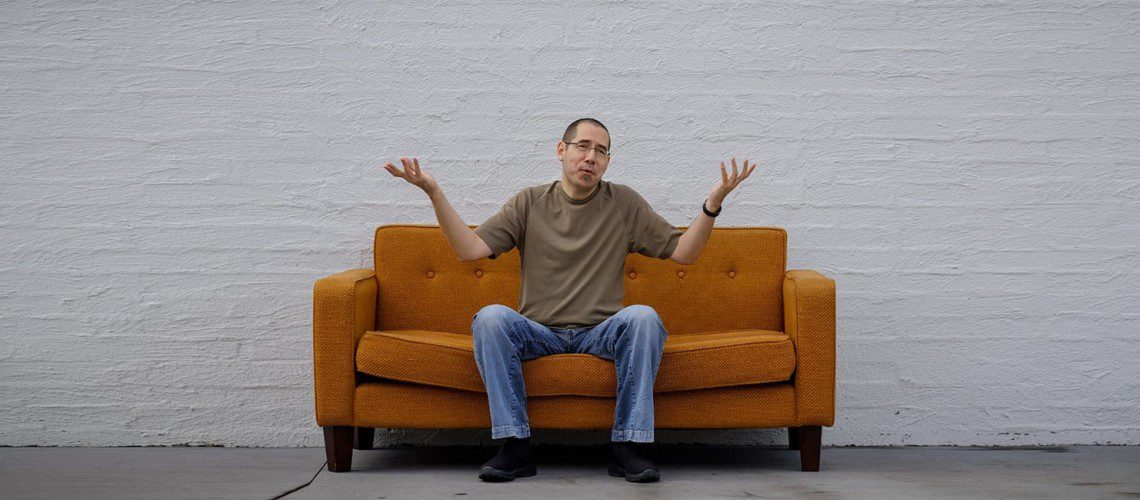
What do you get when you mix accounting and automation?
I don’t know the answer, but I can tell you it won’t be 19 accountants! And here’s how I know that.
In May 2017, a TV show “What Next” said “There are currently 17,669 accountants in NZ. A report predicted because of automation there’s a 95% chance eventually there will be only be 19 accountants left in the country. And that report wasn’t from the society for people who hate accountants. It was actually from the Chartered Accountants Association.”
As an accountant, I was intrigued how the professional body that I am a member of came up with the prediction that there is a 95% chance eventually there will only be 19 accountants left in the country.
To better understand who these legendary 19 accountants would be (and how I could help myself improve my chances of being one of them), I decided to find the report referred to and read it to uncover the secret of the future 19 successful accountants.
The report was “Disruptive Technologies Risks, Opportunities – Can New Zealand make the most of them?” which was published by both the Chartered Accountants Australia New Zealand (CAANZ) and New Zealand Institute of Economic Research (NZIER) in October 2015.
On the bottom of page 24, the report presented Figure 6 which is entitled “Number of accountants at high risk of automation by role (based on New Zealand Census data)”. The figure then showed the following:
- Accountants (general) 12,950 – 95% probability
- Management accountants 1,159 – 95% probability
- Taxation accountants 1,096 – 95% probability
- Company secretaries 5 – 5% probability
- Corporate treasurers 14 – 5% probability
- External auditors 1,653 – 95% probability
- Internal auditors 792 – 95% probability
What Figure 6 tells us is that the writers believed of the 17,669 accountants in the above fields of accounting, all but 19 of them are at 95% risk of being replaced by automation (apart from company secretaries and corporate treasurers who have only a 5% chance of being automated).
The source of Figure 6 is stated as “Adapted from NZIER, Statistics New Zealand, based on Frey and Osborne” and is footnoted to being retrieved from the Department of Statistics on 13 October 2015.
The report did not predict that “because of automation there’s a 95% chance eventually there will be only be 19 accountants left in the country”. What the report said in Figure 6 was that of the 17,669 accountants listed (as at 13 October 2015), 17,650 accountants have a 95% risk of being automated and 19 accountants have only a 5% risk of being automated.
To say I was disappointed was an understatement. I was disappointed in the report and the way part of it was used on TV for many reasons but for the purposes of this article, it was the misuse of information on public TV that was most disappointing.
Misuse of information
I don’t know how or why the report was misquoted so I’m not pointing fingers at specific people. What’s important is that we shouldn’t blindly accept what we’re told by others. Everyone should have realised that a statement that said eventually there would only be 19 accountants in the future (down from over 17,000 at the moment) could not possibly be real. Why not 18? Why not 20? Or why not none?
But let’s for a moment accept CAANZ and NZIER’s prediction that of the 17,669 accountants around at October 2015, all but 19 are at high risk of having their jobs automated. Who are these least at risk of automation accountants? Apparently both CAANZ and NZIER believe the accountants least likely of being automated are company secretaries and corporate treasurers over all other accountants. How could they possibly be the least likely of having their jobs automated? What makes them so special? Apparently, it’s because of Frey and Osborne.
Frey and Osborne published a report “The future of employment: How susceptible are jobs to computerisation” which was published in September 2013 at the University of Oxford. In their report they predicted the likelihood (due to automation) of the demise of over 700 different occupations in the US based on their research of the available literature. Their results have never been validated with any actual proof, and there are examples of jobs they say having the highest probability of being replaced by automation that can be hard to accept. Despite this, CAANZ/NZIER applied Frey and Osborne’s methodology to accountants in NZ and Figure 6 in the CAANZ/NZIER report was the result.
And this leads me to my next disappointment – relying on data or research blindly, without using common sense.
A lack of common sense
There was no rational explanation offered by CAANZ/NZIER as to why the 19 company secretaries and corporate treasurers (0.1% of all accountants) were at low risk of automation, when the other 99.9% of accountants were at 95% risk of automation. This was merely the result of applying Frey and Osborne’s methodology to accountants in NZ.
Add to this, Figure 5 of the same CAANZ/NZIER report stated professionals (as an occupation) were the least likely to be automated at around 13%. If 99.9% of accountants are 95% likely of being replaced by automation (as stated in Figure 6), how can professionals be only 13% at risk of automation (as stated in Figure 5)? Aren’t accountants professionals? Why the difference in risk of automation between accountants and professionals? Again, no explanation is given.
The report did say “This analysis found that all but two roles within the accounting profession (corporate treasurers and secretaries) are at high risk of automation. Such findings reinforce the need to continue to reposition the profession as trusted strategic business advisors who can offer significantly more to businesses than pure accounts processing and financial statement preparation”. So, based on the results, company secretaries and corporate treasurers must already be trusted strategic business advisors, who can offer significantly more to businesses than pure accounts processing and financial statement preparation? Based on their job titles, I’m not so certain.
An alternative perspective
Despite these inconsistencies in the report, the sound bite of 19 accountants started popping up in many different forums – breakfast news, accounting courses/webinars, conversations with business owners who watched the TV show. When enough people start repeating that sound bite, the more it starts to be viewed as true.
The thing is, it’s simply not possible to know how many accountants there will be in the future. Any predictions offered by so called experts or futurists normally comment on what automation will do to accountants. But I believe that’s short sighted because it overlooks the impact of automation on everything people, business owners, and communities do and how that, in turn, will affect accounting. Automation will affect everything and everyone, not just accountants.
Most of us can look back and see how automation has already affected us as accountants. Unfortunately, we can’t use the past to predict our future anymore because the changes you will see in the next 10 years will not be the same as the changes you have seen in the past 10 years. Automation is not just one change – it is lots of changes all happening at once. And the changes aren’t constant – they are exponential (getting faster). The changes you are likely to see in the next 10 years may be more than you’ve seen in your lifetime. Maybe even your parents’ lifetime.
It is possible automation may not replace accountants in the future because there is another possibility – accountants may not actually be needed anymore… money may not exist … business may not exist … taxes and governments may not exist. These are entirely possible futures depending on how much we are willing to learn from the solutions artificial intelligence could come up with by then.
I don’t think it matters how many accountants are around, or if accountants are around at all. It doesn’t matter because, assuming we still need accountants anyway, the accountants who aren’t relevant to business owners in the future will be gone, and the accountants who remain must be relevant to business owners.
The future is what we want it to be. We either embrace the changes where they are relevant to our clients or we get chewed up and spat out by life. And if you are one of the unlucky accountants who fall by the wayside as technology marches on, remember this one thing: it wasn’t automation, technology, or artificial intelligence that killed your job or your business. It will be due to your inability and/or unwillingness to remain relevant to your clients or employer.
How do I know this?
History teaches us many lessons. When the electric light bulb arrived, many candle producing businesses went out of business, but some survived and you can still buy candles today. The surviving candle-makers altered their relevance to their customers.
The same is happening with DVD rental businesses right now. Not every DVD rental business has gone out of business as a result of on-demand TV and online movie/TV streaming. Many have, but some have changed their relevance to their customers by offering movies that you can’t get from the mass online options available.
Accountants will be no different. Many will end up being displaced but some will survive – and possibly thrive – assuming the future still needs accountants. And if accountants are no longer needed in the future then I say “bring it on” because that could be an exciting world to be in.
